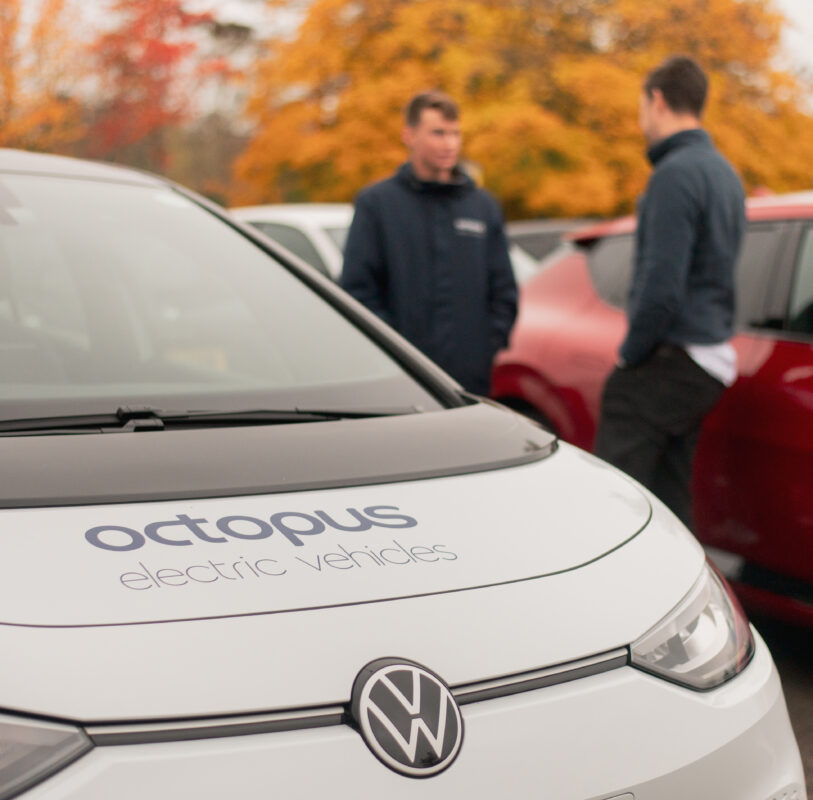Energy supplier Octopus Energy has launched the “first” mass-market vehicle-to-grid (V2G) tariff in the UK, guaranteeing free charging for its electric vehicle (EV) customers.
The tariff, named Octopus Power Pack, will be able to save the average EV driver up to £850 per year in charging costs compared to a standard variable tariff.
Octopus Power Pack, currently in beta, uses V2G technology and Octopus Energy’s tech platform, Kraken, to balance charging and discharging back to the grid during periods of peak demand.
The tariff works as a bolt-on that separates charging from the rest of the home and runs alongside the customer’s regular import tariff. Customers can also apply the financial benefits of solar energy generation as an addition to the Octopus Power Pack savings.
The energy supplier recently reached over 200,000 customers signed up to EV-optimised tariffs, namely Intelligent Octopus Go and Octopus Go, which means their customers now account for one in five UK EV drivers.
Alex Schoch, head of flexibility at Octopus Energy, said: “EVs are going to be a major lever in our future flexible, green grid, but to get there, we need to unlock the capabilities of their batteries. Now we have Octopus Power Pack, and it is over to car manufacturers to build the cars that are compatible with V2G technology.”
V2G growing on the grid
Octopus Energy has been developing its V2G technology for quite some time, as the firm remains aware of the value of intelligent grid usage.
In September 2023, Octopus announced the start of a V2G trial, named the ‘Intelligent Octopus’ tariff, which was led by National Grid ESO as part of its exploration of the Power Responsive mechanism.
Other energy companies are also getting involved, with UK Power Networks (UKPN) releasing the results of a V2G study it commissioned that same month.
The ‘Park and Flex’ study revolved around the use of airport car parks in optimising energy efficiency on the grid and called these car parks the “sleeping giant” of the energy transition.
UKPN estimated a potential 4.3GW of flexible electricity demand could be available, which the company said would “play a major role in helping London, the east and south-east of England, reduce its carbon emissions and sufficiently decarbonise”.
Blink Charging UK launched its own V2G-enabled charger – the EQ 200 – in the UK and Ireland in November 2023.
The EQ 200 features various smart features, including 4G connectivity, which allows it to interact with load balancing and intelligent energy management systems, thus enabling customers to partake in V2G and even vehicle-to-everything (V2X) services.
More recently, in January 2024, the “largest” waste collection fleet operator in the UK, Veolia, officially completed its V2G trial, which was able to charge and discharge 110kW of energy from two specially designed bi-directional vehicles.
Veolia plans to electrify all 1,800 of its Refuse Collection Vehicles (RCV) by 2040, using the fact that collection vehicles’ batteries are six times bigger than regular EV batteries, so they are better suited to flexible charging, to its advantage.
In total, the 1,800 RCVs are estimated to potentially provide 200MW of daily flexible power capacity to the grid.





